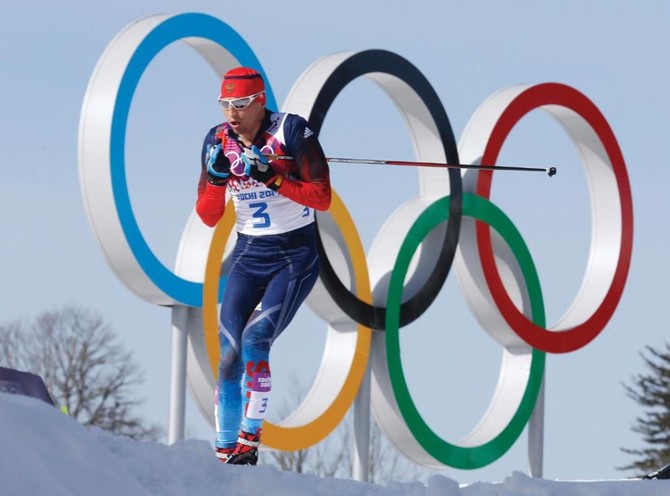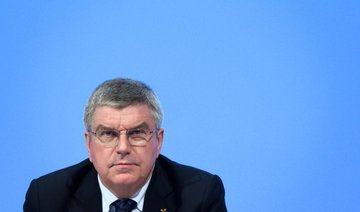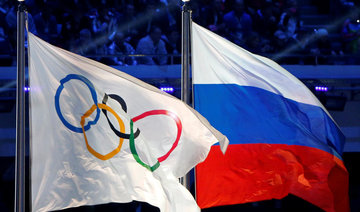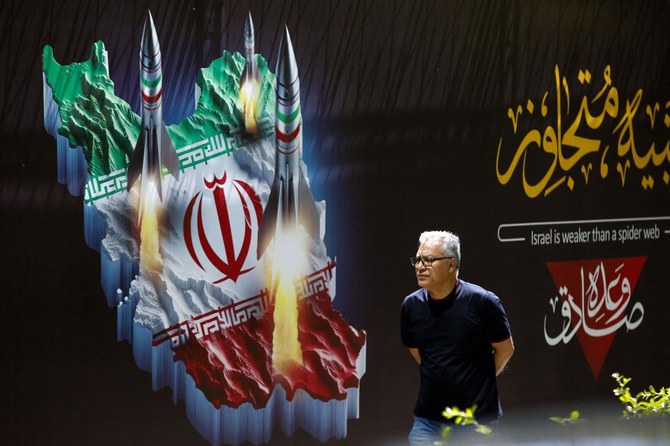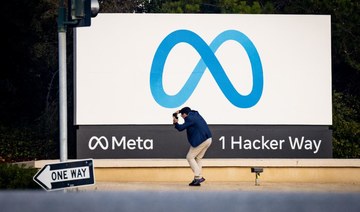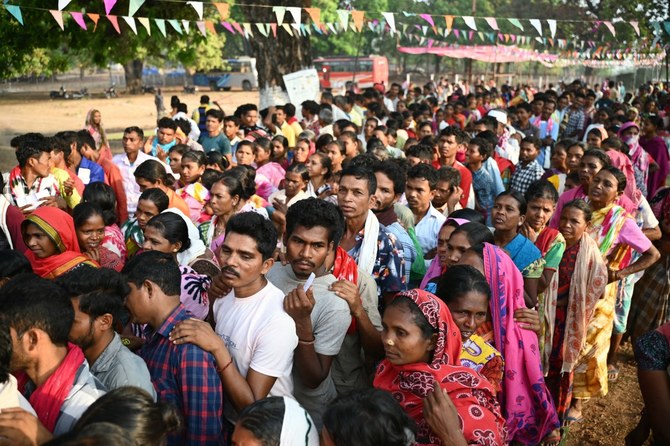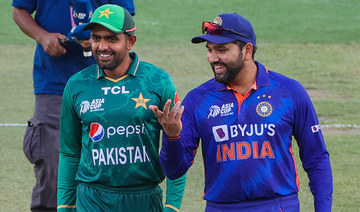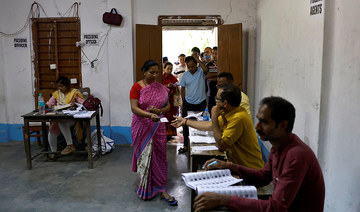PYEONGCHANG, South Korea: Forty-five Russian athletes will have to wait until Friday, the opening day of the Pyeongchang Olympics, to find out if they can compete.
The Court of Arbitration for Sport heard the case of the 45 Russian athletes — including numerous medal contenders — and two coaches on Thursday. It will announce its ruling on Friday, nine hours before the opening ceremony.
Six other Russian athletes’ appeals were thrown out. CAS said it “lacked jurisdiction” to hear the cases.
Those six cases had been filed separately with applications by seven members of Russian support staff. CAS said its arbiters reviewed written submissions and “determined that the CAS ad hoc division lacked jurisdiction to deal with any of the two applications.”
The six athletes include two world champion speedskaters, Denis Yuskov and Pavel Kulizhnikov, plus athletes from biathlon and ski jumping.
All six were originally refused invitations to compete by the IOC. Unlike those in the group of 45, all six have previously served bans of various lengths for failed doping tests. The IOC had said it wouldn’t invite athletes previously banned for doping.
The first competitions of the games, including a US-Russia curling match, had already started when CAS heard the cases at a luxury resort in the mountains near Pyeongchang.
“We are hopeful that the panel will follow our argumentation and respect the rights of the athletes,” said Philippe Baertsch, a lawyer for the group of 45 Russians who are still awaiting their verdict. In attendance with Baertsch for that hearing were Elena Nikitina, the 2014 bronze medalist in women’s skeleton, and Tatiana Ivanova, a luger who won silver in the team event in 2014.
Leaving the hearing, Nikitina said the three arbiters — from Canada, Switzerland and Australia — “were pleasant and we were listened to.”
“We can’t comment on what just happened at the panel. I’ll just say that we came here to defend our good name and we were fully listened to by the CAS panel,” said luge coach Albert Demchenko, who was at the hearing. “All our documents and words were heard.”
The Russians are seeking to overturn the International Olympic Committee’s decision not to invite them to the games. If they win, it would force the IOC to accept athletes it considers to be linked to doping offenses.
The Russian team is formally banned, so they would have to compete as “Olympic Athletes from Russia” in neutral uniforms under the Olympic flag. With 168 IOC-approved athletes, it is already one of the biggest teams in Pyeongchang.
The IOC won’t comment on individual cases, but says its invitation process was based on evidence from a newly obtained Moscow laboratory database detailing doping in previous years.
Other athletes whose cases will be heard include Viktor Ahn, a six-time Olympic gold medalist in short-track speedskating, and Alexander Legkov, a cross-country skiing gold medalist.
Sergei Parkhomenko, the general secretary of the Russian Bobsled Federation, said athletes from his team were training in Siberia, ready to fly to South Korea at a moment’s notice if CAS gives them the green light.
“We’re hoping for a fair and logical decision from the court,” he said. “If there’s a positive ruling, they’ll fly in.”
Russian officials and athletes have indicated that not all of those who have filed appeals plan to compete if they win. Some are reportedly no longer in training, while others may not be included on full rosters in sports like hockey.
US SPEEDSKATER IN 'COIN TOSS' STORM
A tweet posted by the account of speedskater Shani Davis has blasted the use of a coin toss to select the US flagbearer for the opening ceremony at the Pyeongchang Games. Davis and luge athlete Erin Hamlin each got four votes in the athlete-led process. Each of the eight US winter sports federations got to nominate one athlete and have another serve as a voter. The US Olympic Committee said it was predetermined that a coin toss would be used in the case of a tie and if the athletes could not find a way to choose a clear winner. The tweet said the selection was made “dishonorably,” and included a reference to Black History Month. Davis is black, Hamlin is white. Davis’ account is verified, but it was unknown if he sent the tweet or if someone with access to his account did.


